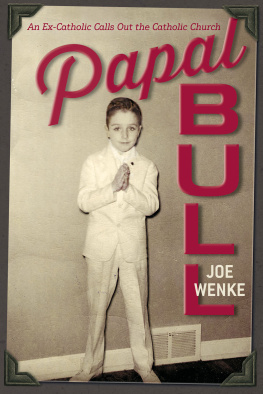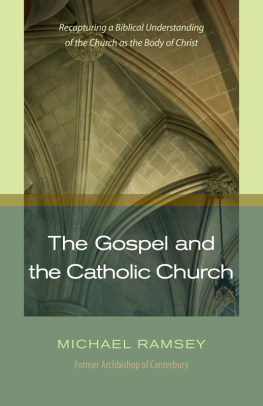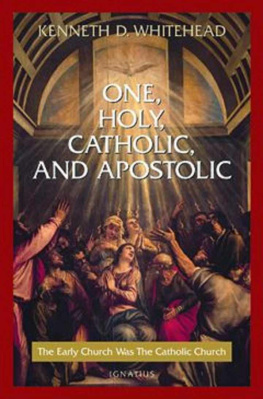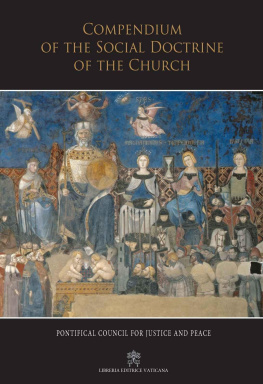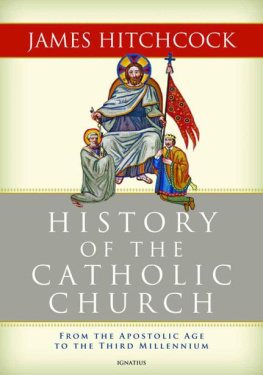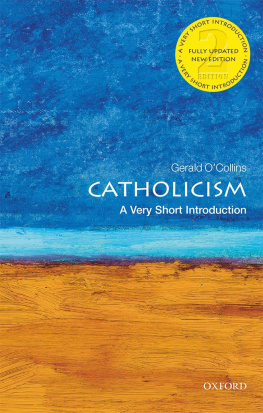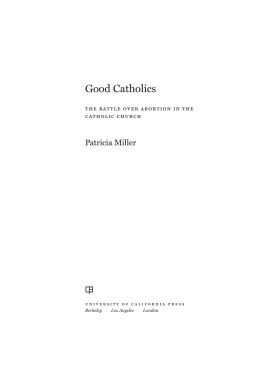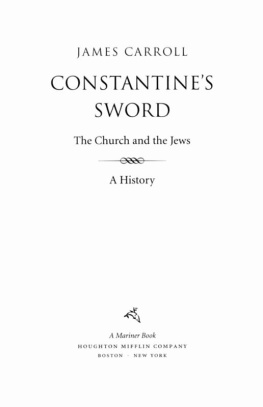History Of The Christian Church
Complete Eight Volumes In One
by
Philip Schaff
Contents
VOLUME I. APOSTOLIC CHRISTIANITY A.D. 1100.
PREFACE TO THE REVISED EDITION
As I appear before the public with a new edition of my Church History, I feel more than ever the difficulty and responsibility of a task which is well worthy to occupy the whole time and strength of a long life, and which carries in it its own rich reward. The true historian of Christianity is yet to come. But short as I have fallen of my own ideal, I have done my best, and shall rejoice if my efforts stimulate others to better and more enduring work.
History should be written from the original sources of friend and foe, in the spirit of truth and love, "sine ira et studio," "with malice towards none, and charity for all," in clear, fresh, vigorous style, under the guidance of the twin parables of the mustard seed and leaven, as a book of life for instruction, correction, encouragement, as the best exposition and vindication of Christianity. The great and good Neander, "the father of Church History"first an Israelite without guile hoping for the Messiah, then a Platonist longing for the realization of his ideal of righteousness, last a Christian in head and heartmade such a history his life-work, but before reaching the Reformation he was interrupted by sickness, and said to his faithful sister: "Hannchen, I am weary; let us go home; good night!" And thus he fell gently asleep, like a child, to awake in the land where all problems of history are solved.
When, after a long interruption caused by a change of professional duties and literary labors, I returned to the favorite studies of my youth, I felt the necessity, before continuing the History to more recent times, of subjecting the first volume to a thorough revision, in order to bring it up to the present state of investigation. We live in a restless and stirring age of discovery, criticism, and reconstruction. During the thirty years which have elapsed since the publication of my separate "History of the Apostolic Church," there has been an incessant activity in this field, not only in Germany, the great workshopof critical research, but in all other Protestant countries. Almost every inch of ground has been disputed and defended with a degree of learning, acumen, and skill such as were never spent before on the solution of historical problems.
In this process of reconstruction the first volume has been more than doubled in size and grown into two volumes. The first embraces Apostolic, the second post-Apostolic or ante-Nicene Christianity. The first volume is larger than my separate "History of the Apostolic Church," but differs from it in that it is chiefly devoted to the theology and literature, the other to the mission work and spiritual life of that period. I have studiously avoided repetition and seldom looked into the older book. On two points I have changed my opinionthe second Roman captivity of Paul (which I am disposed to admit in the interest of the Pastoral Epistles), and the date of the Apocalypse (which I now assign, with the majority of modern critics, to the year 68 or 69 instead of 95, as before).1
I express my deep obligation to my friend, Dr. Ezra Abbot, a scholar of rare learning and microscopic accuracy, for his kind and valuable assistance in reading the proof and suggesting improvements.
The second volume, likewise thoroughly revised and partly rewritten, is in the hands of the printer; the third requires a few changes. Two new volumes, one on the History of Mediaeval Christianity, and one on the Reformation (to the Westphalian Treaty and the Westminster Assembly, 1648), are in an advanced stage of preparation.
May the work in this remodelled shape find as kind and indulgent readers as when it first appeared. My highest ambition in this sceptical age is to strengthen the immovable historical foundations of Christianity and its victory over the world.
Philip Schaff
Union Theological Seminary, New York,
October,1882
FROM THE PREFACE TO THE FIRST EDITION
Encouraged by the favorable reception of my "History of the Apostolic Church," I now offer to the public a History of the Primitive Church from the birth of Christ to the reign of Constantine, as an independent and complete work in itself, and at the same time as the first volume of a general history of Christianity, which I hope, with the help of God, to bring down to the present age.
The church of the first three centuries, or the ante-Nicene age, possesses a peculiar interest for Christians of all denominations, and has often been separately treated, by Eusebius, Mosheim, Milman, Kaye, Baur, Hagenbach, and other distinguished historians. It is the daughter of Apostolic Christianity, which itself constitutes the first and by far the most important chapter in its history, and the common mother of Catholicism and Protestantism, though materially differing from both. It presents a state of primitive simplicity and purity unsullied by contact with the secular power, but with this also, the fundamental forms of heresy and corruption, which reappear from time to time under new names and aspects, but must serve, in the overruling providence of God, to promote the cause of truth and righteousness. It is the heroic age of the church, and unfolds before us the sublime spectacle of our holy religion in intellectual and moral conflict with the combined superstition, policy, and wisdom of ancient Judaism and Paganism; yet growing in persecution, conquering in death, and amidst the severest trials giving birth to principles and institutions which, in more matured form, still control the greater part of Christendom.
Without the least disposition to detract from the merits of my numerous predecessors, to several of whom I feel deeply indebted, I have reason to hope that this new attempt at a historical reproduction of ancient Christianity will meet a want in our theological literature and commend itself, both by its spirit and method, and by presenting with the authors own labors the results of the latest German and English research, to therespectful attention of the American student. Having no sectarian ends to serve, I have confined myself to the duty of a witnessto tell the truth, the whole truth, and nothing but the truth; always remembering, however, that history has a soul as well as a body, and that the ruling ideas and general principles must be represented no less than the outward facts and dates. A church history without the life of Christ glowing through its pages could give us at best only the picture of a temple stately and imposing from without, but vacant and dreary within, a mummy in praying posture perhaps and covered with trophies, but withered and unclean: such a history is not worth the trouble of writing or reading. Let the dead bury their dead; we prefer to live among the living, and to record the immortal thoughts and deeds of Christ in and through his people, rather than dwell upon the outer hulls, the trifling accidents and temporary scaffolding of history, or give too much prominence to Satan and his infernal tribe, whose works Christ came to destroy.
The account of the apostolic period, which forms the divine-human basis of the whole structure of history, or the ever-living fountain of the unbroken stream of the church, is here necessarily short and not intended to supersede my larger work, although it presents more than a mere summary of it, and views the subject in part under new aspects. For the history of the second period, which constitutes the body of this volume, large use has been made of the new sources of information recently brought to light, such as the Syriac and Armenian Ignatius, and especially the Philosophoumena of Hippolytus. The bold and searching criticism of modern German historians as applied to the apostolic and post-apostolic literature, though often arbitrary and untenable in its results, has nevertheless done good service by removing old prejudices, placing many things in a new light, and conducing to a comprehensive and organic view of the living process and gradual growth of ancient Christianity in its distinctive character, both in its unity with, and difference from, the preceding age of the apostles and the succeeding systems of Catholicism and Protestantism.



